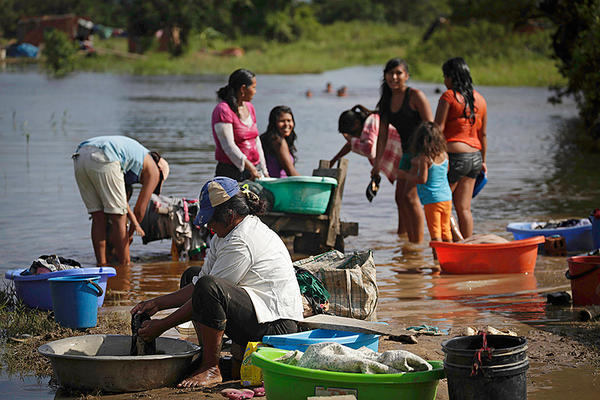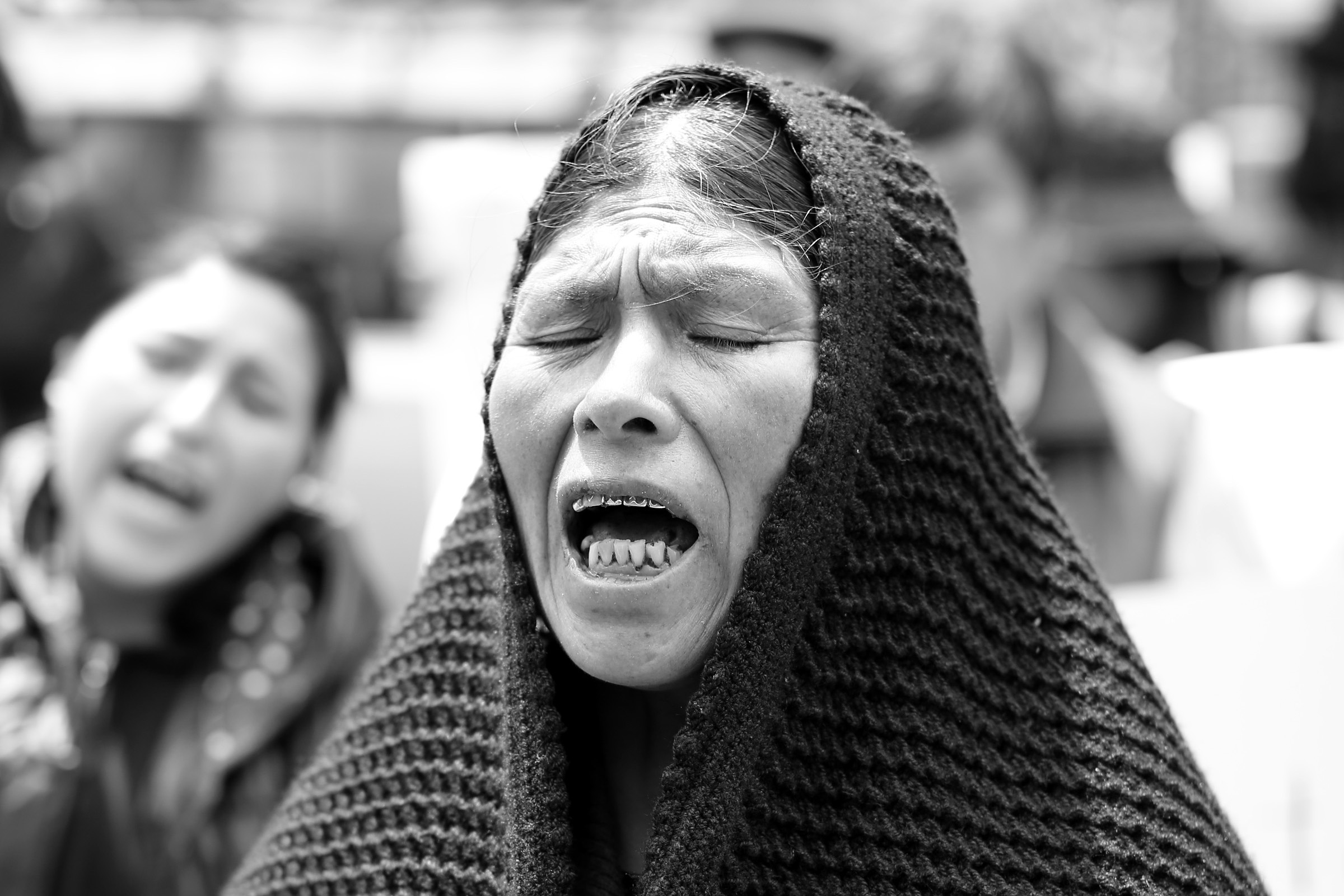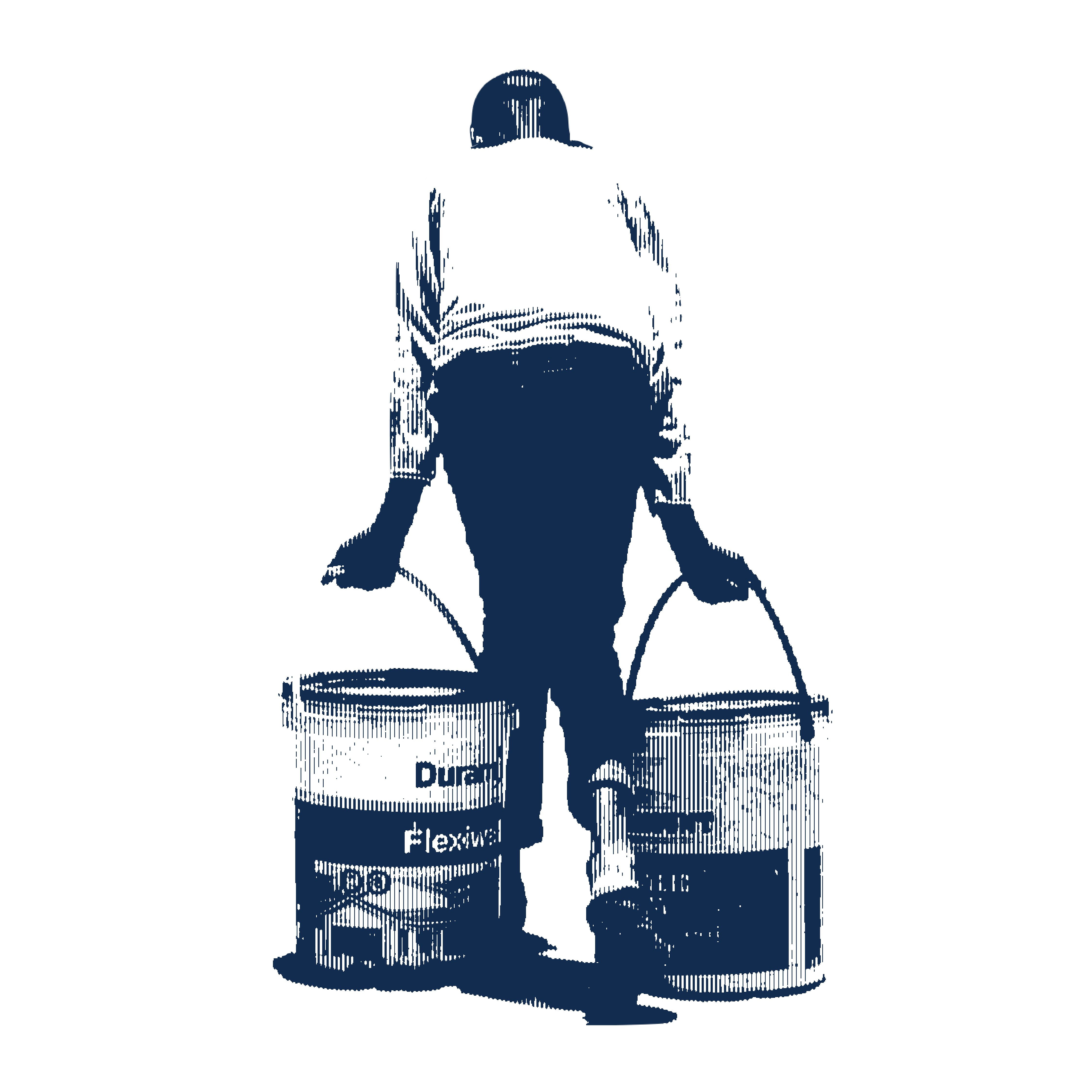
In the lead-up to Bolivia's Oct. 12 presidential election, stump-speech favorites like the economy and unemployment are being debated side-by-side with a slightly less conventional topic here: women's safety. A handful of controversial statements involving male politicians this election season combined with a highly publicized series of murders, rapes, and kidnappings of females across the country have made violence against women a top issue as Bolivians go to the polls.
President Evo Morales, who is running for his third consecutive term in office, is expected to retake the presidency with roughly 59 percent of the vote. In the past he has come under fire for making sexist jokes, but has said little on the recent events. It's politicians running against him and for lower office who have inadvertently brought violence against women – which affects more than 50 percent of Bolivian women, but is rarely discussed by campaigning candidates – to the fore.
Two political scandals swept national headlines in recent months, giving rise to a wave of protests and a campaign called "Machistas off the ballot." The loose coalition of women's rights advocates behind the movement are promoting awareness of public figures' comments, policies, and actions toward women.
"I think that before violence against women was routine, a part of life," says Bolivian journalist Mery Vaca. "Now we have reached a point where violence is news," which is a form of progress, she says.
'How to behave'
The first political outrage – and subsequent protests – took place in August when Senate candidate Ciro Zabala, a member of President Morales's party, was asked about women's rights on his political agenda. Mr. Zabala responded that women must be educated to avoid behavior that makes them victims, placing the blame for crimes squarely on females' shoulders: "In the educational process we should teach women how to behave...Certain types of clothing, certain attitudes, women who drink a lot, or are drunk ... [those people] obviously have a greater risk of being attacked," he said.
Zabala later apologized for using "harmful terminology," and remains on the ballot.
Soon after, an audio recording emerged that allegedly presents presidential hopeful Samuel Doria Medina demanding that the former romantic partner of a candidate in his party privately settle conflicts with that candidate, whom the partner says physically abused her. Mr. Doria Medina said that the recording was heavily edited and was a political maneuver. The candidate in question denied the abuse allegations, but withdrew from the race less than a week later.
The slogan "Machistas Off the Ballot," which refers to men who feel a sense of domination over women, "touched on something in this electoral season," says Jenny Ybarnegaray, who helped coin the phrase.
The campaign quickly gained traction on Facebook and became a popular hashtag. "We're tired of these issues – femicides, disappearances of women" Ms. Ybarnegaray, a social psychologist, says. Those supporting the awareness campaign say they are tired of women "not being on the electoral [or public] agendas with enough force," Ybarnegaray says.
'No more silence'
For years violence against women has slowly crept into public awareness here, but change has been slow to come. The scale of violence against women – evident through frequent, gruesome headlines here announcing crimes like women being buried alive by their partners, or murdered and set on fire – was driven home in a 2013 report by the Pan American Health Organization and Centers for Disease Control and Prevention. The researchers found that more than half of Bolivian women have suffered intimate partner violence. That compares to 40 percent in neighboring Peru and 26 percent in El Salvador. Out of the 12 Latin American and Caribbean nations surveyed in the report, Bolivia ranked as the most violent for women at the hands of their partners.
A law was passed in 2013 to specifically address the issue by creating stricter penalties for crimes against women and creating a special police force, but it has not been fully implemented. Activists say that the funding and political will needed to give the law teeth have yet to materialize.
On a recent September morning, hundreds of men and women marched through downtown La Paz carrying crosses bearing the names of murdered women. Together, the protesters chanted, "no more silence."
"We see that femicide is increasing – every day there are more," says Eulogia Tapia, who works for Bolivia's independent human rights office. She calls on politicians to dedicate resources for prosecution and prevention of intimate partner violence.








